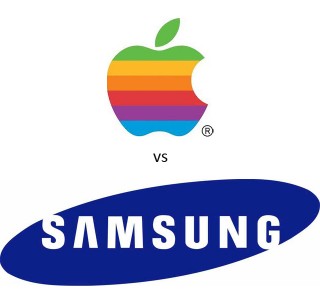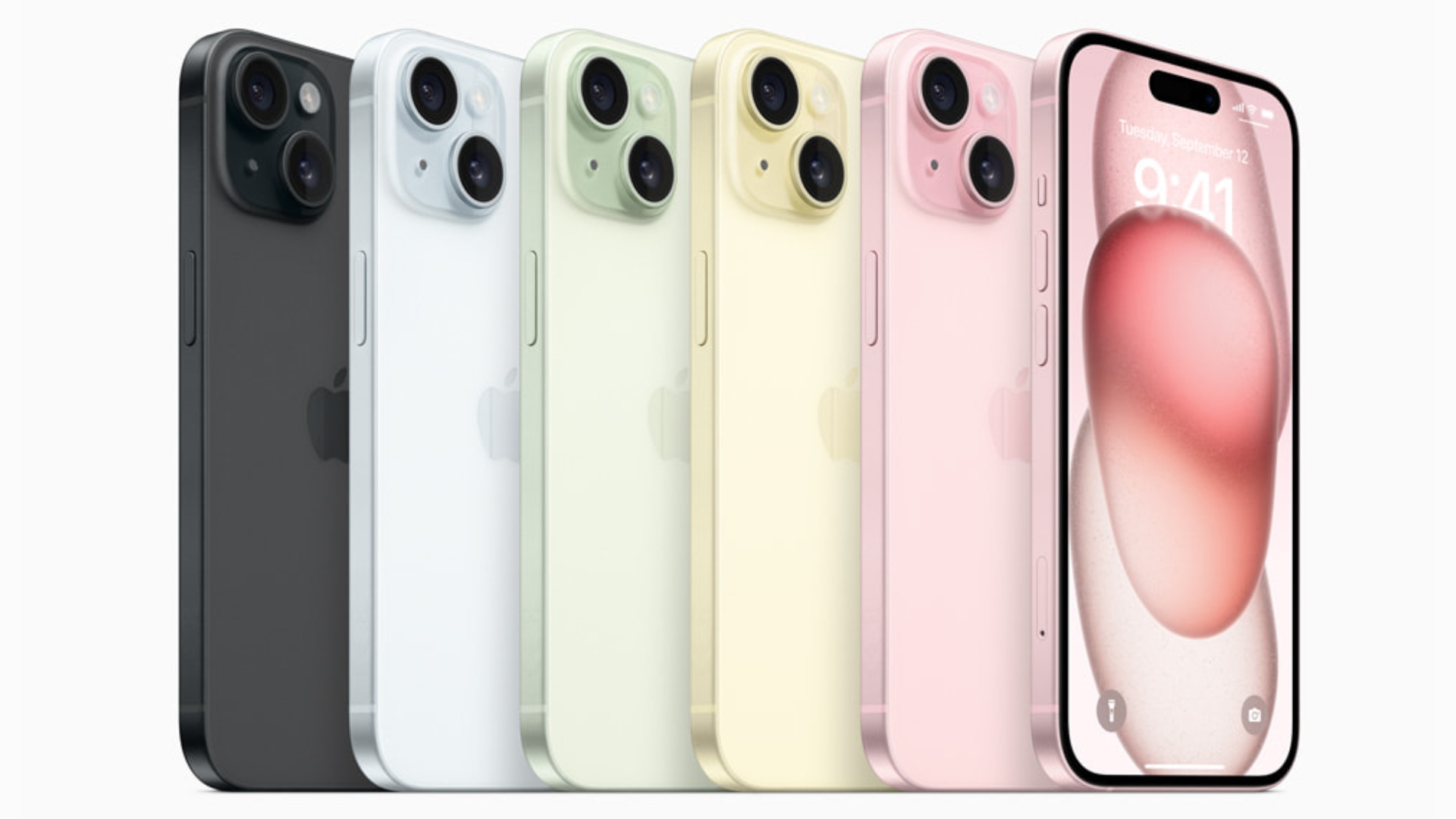
Apple Claims ITC Judge Lacked Legal Basis for Ruling on Samsung’s Design Workarounds
Apple and Samsung will have a rough day in court in just a couple days (the hearing is scheduled for December 6), where we will likely hear about design workarounds, among other things. But how will design workarounds affect both Apple’s and Samsung’s business and patents? Florian Müller of Foss Patents tries to find some answers.

As you may recall, we reported that Apple is claiming Samsung’s workaround for the ‘915 pinch-to-zoom patent still violates Apple’s intellectual property. With its latest filing, Apple goes even further: it claims ITC judges lacked a legal basis when they ruled that Samsung’s design workarounds do not violate Apple’s design patents.
Florian Müller points to the traps of these workarounds by citing from Judge Pender’s ruling, as quoted by Samsung, to justify his decision to rule on the design workarounds:
“The design around products are within the scope of this investigation, have been imported into the United States or sold in the United States [a footnote clarifies that Apple said “some of the design arounds were implemented in prototypes rather than commercially sold products”, which did not matter to the judge], were the subject of extensive discovery as well as testimony during the evidentiary hearing in this investigation. Thus, I find that infringement of Samsung’s design around products should be adjudicated as part of this Initial Determination.
[…]
Apple argues that because it did not accuse the design around products of infringing the asserted patents there is no need to determine whether they infringe the asserted patents. At the same time, Apple argues that the design around products should not be carved out of any exclusion order that may issue in this investigation. Taken together, it would seem that Apple does not want the design [arounds] adjudicated on the merits, but wants to still be able to argue that they fall within the scope of the exclusion order that may issue. I find Apple’s position unimpressive.”
While it is worth reading the full post, the bottom line is that a bad plaintiff could try to obtain an advantage by opposing the adjudication of the workarounds simply to create commercial uncertainty, while a “bad-faith respondent can also act abusively and deprive a plaintiff of a fair chance to prevail”, Müller notes.

